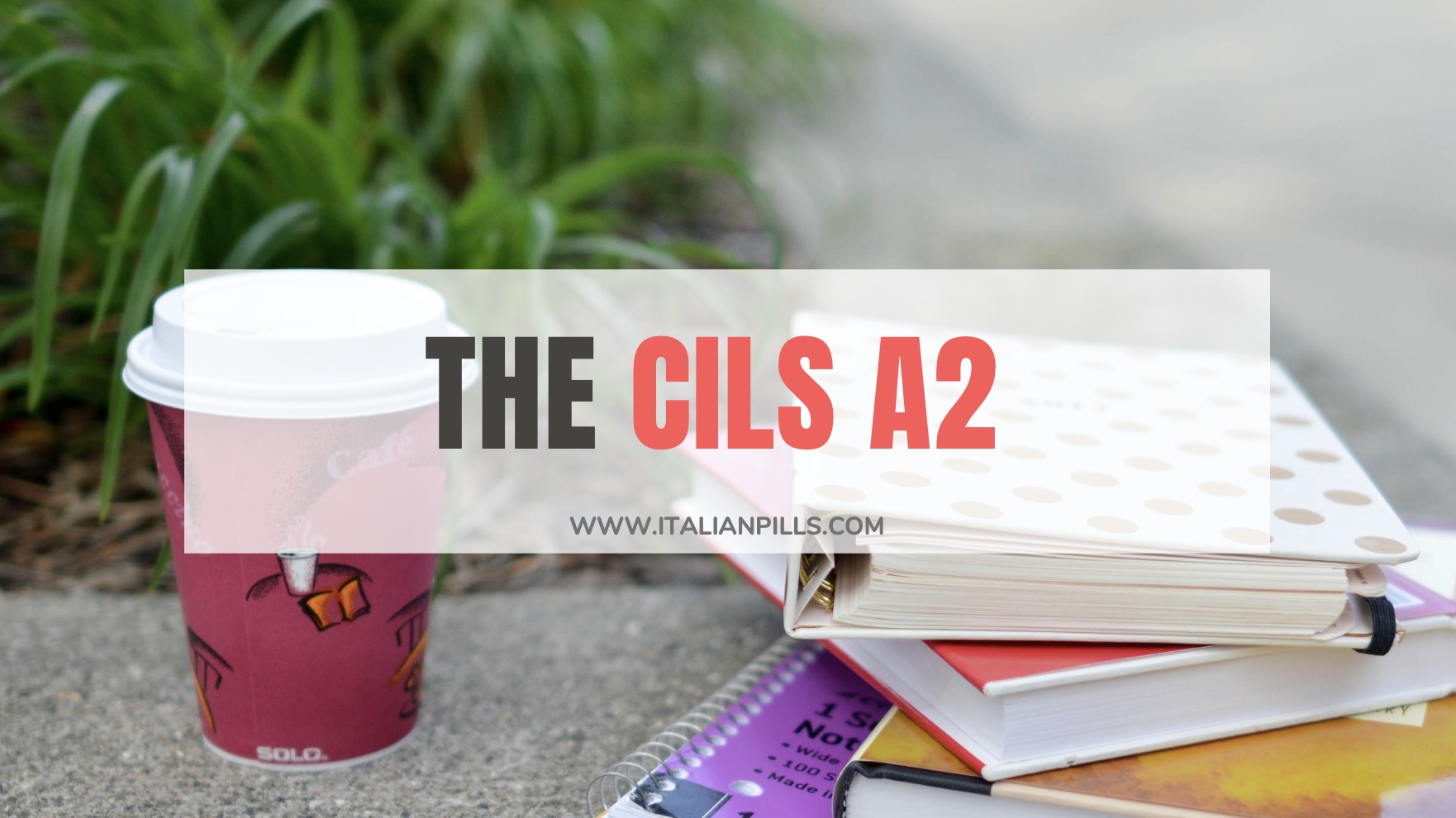CELI / CILS / PLIDA Exam Prep
Cils Citizenship Exam
How to compliment someone in Italian
If you want to compliment someone on their...
Other CILS language certifications
Writing Formal or Informal Emails for your Italian Citizenship Exam
If you’re preparing for your Italian Citizenship...
What’s the CILS Uno B1? (Italian Language Certification)
What is the CILS Uno B1? The CILS Uno B1 is an...
Cils Exam Centres
Accredited Cils Exam Centers This is a list of...
CILS B1 Citizenship Exam (The Structure)
CILS B1 Citizenship (Cils B1 Cittadinanza): The...
CILS B1 for Citizenship – The Listening Part
The Exam Structure Here's a breakdown of the...
B1 Cils Cittadinanza: How to Prepare for the Speaking Part
This article aims to dispel any doubts and help...
CILS Due B2 Exam: The Structure
The CILS Due B2 is an official language exam...
Italian Citizenship Test. All you need to know.
Due to the amendments to the Italian law in...
Cils A2 Exam: A Comprehensive Guide to Help You Succeed
There are different levels of language...
Cils A1 Exam: A Comprehensive Guide to Help You Succeed
There are different levels of language...
CELI and PLIDA certifications
How to get your CELI 2 certification
What is the CELI 2? The CELI 2 is an official...
PLIDA B1: The Structure.
What's the PLIDA Exam? The P.L.I.D.A (Progetto...
CELI Exam Centres
Accredited CELI Exam Centers This is a list of...












